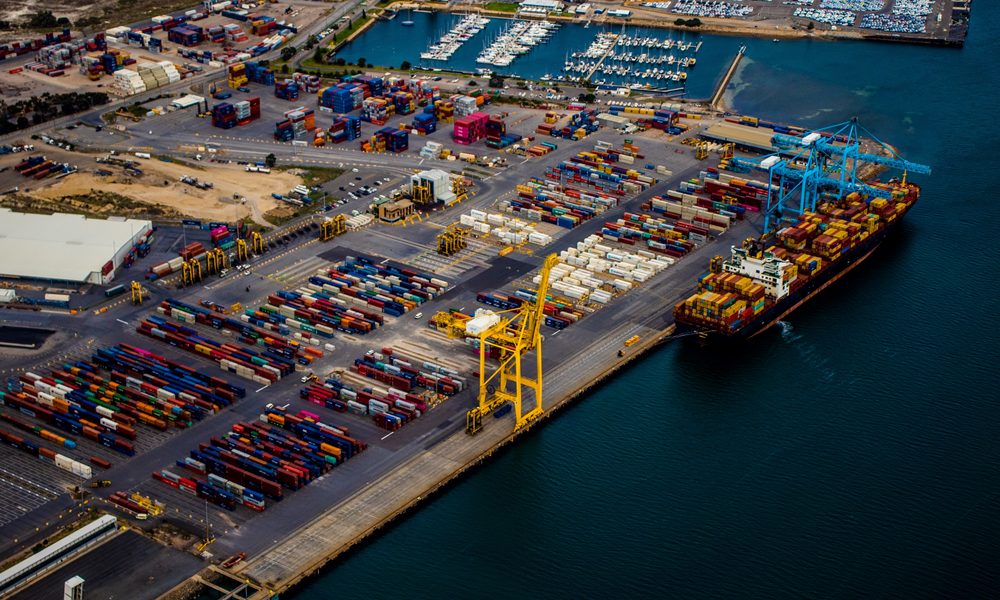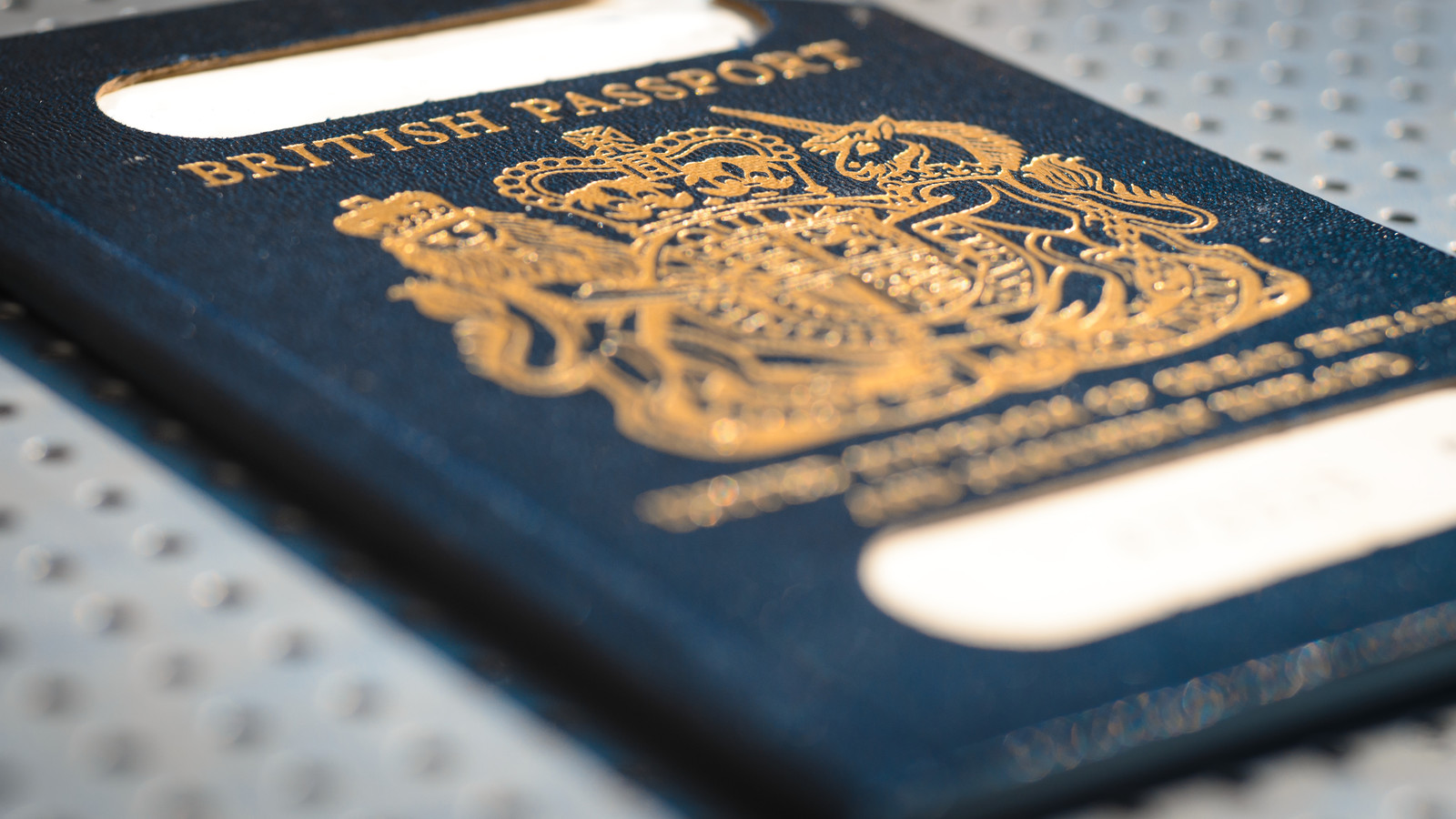New rules have been introduced in January 2021 that could affect your supply chain – especially if your business buys products or services from an EU country. So, how can you mitigate risk in light of Brexit?
What is the current situation with Brexit?
The UK stopped being a member of the European Union (EU) on 31 January 2020, ushering in the beginning of the Brexit transition period, with its deadline of 1 January 2021, with trade negotiations between the EU and UK ongoing.
Then on Christmas Eve 2020, the UK and EU finally agreed a trade deal, hailed by the UK government as: “Preserving the UK’s zero-tariff and zero-quota access to the bloc’s [EU’s] single market”.
The agreement, which details new rules for “living, working and trading together”, runs to more than 1,240 pages long and it has many provisions. One of the key consequences of Brexit is the end of free movement of goods between the EU and UK, which came into effect on 1 January 2021. This has supply-chain implications for UK small businesses that move goods to and from European Union countries.
How might my business be affected?
Supply chain implications are more likely for businesses operating in UK sectors that trade more with EU countries. These include food and drink, agriculture, clothing and textiles, chemicals and pharmaceuticals, automotive and financial services. And they could be more serious and damaging in more complex or “just-in-time” supply chains.

Delays
As we have already seen, post-transition border-rule changes have brought delays, with goods having to undergo new checks to ensure compliance. Whether these improve or get worse remains to be seen.
Consequently, you may have to rethink what you buy and where you buy it, as well as when you place orders, so that lead-in times are longer. Border delays could also affect quality, especially of perishable items such as fresh food, whether you buy from or sell to EU markets.

Costs
Border disruption and delays could damage sales and increase costs for many small UK businesses.
Having goods delayed at UK ports by new customs checks on both sides of the border will create unwelcome logistics problems for UK SMEs that sell from or sell to EU countries. It could severely disrupt production in the UK, especially for manufacturers who rely on “just-in-time” supply chain.
Video: The missing link? EU supply chains after Brexit
by BBC Newsnight
This BBC Newsnight feature explores how EU supply chains might be affected post-Brexit, focusing on the manufacturing sector.
What steps should I take to assess supply chain risks?
You may believe your business is sheltered, because your suppliers are UK based. But what if their suppliers are in the EU? Any disruption or delay could have serious implications for your costs, cash flow, sales and profitability, with some warning that it could take years for some supply chains to stabilise.
However, there may be things your business can do now to mitigate supply-chain risk. It pays to plan. So, where do you start?
-
![Different flags of EU countries]()
Carry out a full audit of what your business buys, where and when. Identify exactly how much comes from suppliers in EU countries.
-
![Aerial view of industrial port]()
Thoroughly map your supply chain, including details of lead times (ie the time between placing an order and taking delivery of it). Consider what impact delays would have.
-
![Aerial view of lorries parked outside factory]()
Speak to your current suppliers to find out how Brexit will affect them. Might some move their operation to another country? If relevant, also speak to third-party providers (eg couriers, freight forwarders, agents, etc).
-
![Boxes stacked on shelves]()
Consider whether there is a risk to all or just some supplies to your business. Which ones are most at risk of disruption, delay, increased cost, etc, as a result of Brexit?
-
![Businessman signing document]()
Find out what commitments current supply agreements make and what protection they offer your business. Some may need to be reconsidered and renegotiated.
-
![Shop sign 'open']()
What contingency plans do you have? Do they need revisiting? Consider different supply-issue scenarios, how they would impact your business and how you could successfully overcome them. Detail the steps you would take.
Should I find new non-EU suppliers?
You should find ways to minimise serious risks revealed by your supply chain audit, which could include exploring new supply options.
You may decide to buy different products/services or the same ones from different suppliers. Although there are very many issues to consider when trying to find new suppliers, you might choose to buy from the UK or another non-EU country. That isn’t always possible. Much depends on what you’re buying and other key factors, including cost, quality, service, logistics, etc.
Buying from a new supplier involves risk. You need to be sure that they will provide you with the volume, value, quality and service your business needs. As a new customer, you may not get as favourable credit terms or service as you get from your current suppliers.
Thorough research is essential before using a new supplier. Before committing fully, test them out by placing smaller or lower-value orders. You may have agreements signed with your current suppliers, which you may not be able to break.
Checklist: What steps can I take to mitigate supply chain risk?
You must be logged in to use this checklist
What about cash flow and currency?
Carefully consider the cash-flow implications were it to become more expensive to buy goods and services from EU countries. Produce cash flow forecasts based on various increased-cost scenarios. A seemingly small cost increase can make a big difference to your cash flow and profitability.
The value of the pound could also prove a key factor. According to the Chartered Institute of Procurement & Supply (CIPS): “When generating new contracts with suppliers, consider trading in alternative currency that may give a stronger position of trading for both parties, or consider terms that will allow for renegotiation if sterling continues to lose value.
“Forward planning is critical to weathering the Brexit transition period, by anticipating the possible impact areas that Brexit may have on import restrictions, possible bottlenecks in process and the managing of goods being imported into the UK that support your production process.
Where to get more Brexit advice
Visit the CIPS Brexit hub for more on managing procurement during and after the Brexit transition phase. CIPS also provides analysis of latest Brexit developments.
Government website Gov.uk features a wealth of information for businesses about rules on importing, exporting and customs. The site also has other information intended to help business to “get ready for new rules in 2021”. To have any questions answered, you can ring the government’s Business Brexit Helpline on 0300 2000 900 (Monday to Friday, 9am to 6pm).
The British Chambers of Commerce has produced a comprehensive Brexit checklist of key tasks for businesses. It also has an online Brexit hub and your local chamber may be able to advise you, if you’re a member.
Your trade association may be able to answer your Brexit-related questions, while the Federation of Small Businesses also offers Brexit advice to small businesses.
Share this content

Brought to you by:
AAT Business Finance Basics
AAT Business Finance Basics are a series of online e-learning courses covering the core financial skills every business needs. They draw from AAT’s world-leading qualifications and will quickly build your knowledge on key topics including bookkeeping, budgeting and cash flow.
Visit partner's website















